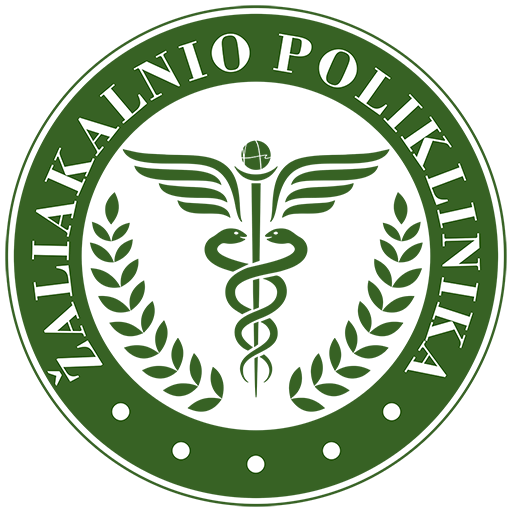Fatigue, lack of energy, reduced work capacity and sleep disturbances all contribute to a reduced quality of life.
Many people may wonder not only what health problems a neurologist deals with, but also what they do and when they might need their help. This is all the more so as the range of activities of these specialists is quite broad. Many diseases have similar symptoms to neurological disorders. And in such cases, specialists in other fields can also tell you what the root cause of the ailment is. That is why, very often, a neurologist will refer patients to an endocrinologist, a rheumatologist, a rehabitologist or some other doctor.
Neurology includes the diagnosis and treatment of diseases such as:
- Migraine is an idiopathic episodic headache accompanied by various neurological, gastrointestinal and autonomic nervous system disorders. It is often unilateral, throbbing, intensifying with exercise, may be moderate to severe, and is accompanied by nausea, vomiting, fear of light and noise.
- Encephalitis is an inflammation of the brain - a severe viral infection. The disease involves inflammation of the brain and spinal cord and their coverings. Depending on the severity of the disease and the causative agent, the course, intensity and consequences vary. It is difficult to predict how encephalitis will affect an individual's body, so timely diagnosis and treatment are crucial.
- Epilepsy is a condition characterised by recurrent seizures of central nervous system origin. An epileptic seizure can be defined as a sudden, involuntary, transient behavioural change involving changes in consciousness, movement, sensation, and the autonomic nervous system, accompanied by abnormal electrical discharges in the brain. A diagnosis of epilepsy is made when the patient has had two or more repeated unprovoked (i.e. unrelated to any known acute external cause) epileptic seizures in his/her life. Status epilepticus is defined as recurrent epileptic seizures lasting more than 30 minutes during which the patient does not regain consciousness.
- Alzheimer's disease is a chronic, progressive brain disease in which nerve fibres become thinner, nerve connections and nerve cells disappear (neurodegeneration), specific proteins (amyloid, Tau protein) accumulate in the brain, and normal biochemical processes of information transmission are disturbed. It is a disease of the elderly. The disease was first described in 1907 by the German physician Alois Alzheimer, after whom it is named. There are more than 30 million people worldwide with the disease.
- Parkinson's disease is a chronic progressive neurological disease. It involves the loss of cells in an area of the brain involved in the control of movement. This is the main cause of slowed and difficult movements, gait abnormalities, impaired orientation, impaired swallowing and speech, and slowed thinking.
See a neurologist if you are bothered:
- Back pain - often caused by nerve root damage;
- Headaches, migraines, pain caused by neck muscle tension;
- Dizziness - a common cause of dizziness is cerebral circulation problems;
- Carpal tunnel syndrome, cubital and other peripheral nerve entrapment;
- Polyneuropathy - multiple nerve damage;
- Neuromuscular diseases - various myopathies, myasthenia gravis;
- Epilepsy and other seizure conditions;
- Degenerative diseases of the nervous system - tremors in the head or limbs, other involuntary movements, slowness of movement, Parkinson's or Alzheimer's disease.
At the first visit, we draw up a treatment plan.




